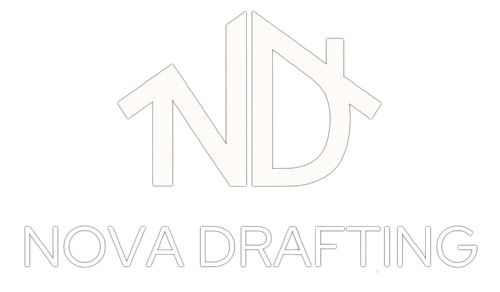Edward Construction projects, under normal circumstances, are complex and require heavy investment. They are usually challenging to manage cost-efficiently in terms of quality. However, if one had a solid plan for construction budget management, successful projects could be delivered without exceeding budget limits. The article offers very practical insights for contractors, project managers, and other stakeholders in controlling costs while achieving the most perfect results.
Why Construction Budget Management is Important?
Construction budget management is the backbone of any project. It will ensure that resources are made efficiently and objectives fulfilled. Here is why it is essential:
- Avoid Overruns: Mismanagement and surprise costs could lead to derailment—sound planning for possible contingencies helps.
- Timely Job Completion: Budget planning should limit the delays in completing the job due to a lack of the necessary resources.
- Sustaining Customer Satisfaction: Budget limits are intervals where people can build trust from one to the other and increase your professional reputation.
- Efficient Resource Utilization: A managed budget will save both materials and manpower from waste.
Strategies for Cost Control in Construction
Effective cost control requires a combination of planning, technology, and proactive decision-making. Here are some of the most successful plans:
1. Comprehensive Project Planning: Construction Budget
A detailed project plan sets the foundation for cost management. This includes:
- Finalizing the design before construction begins.
- Identifying all necessary materials, labor, and equipment.
- Factoring in contingency funds for unforeseen expenses.

2. Accurate Cost Estimation
Use reliable cost estimation tools and techniques. Consider factors like:
- Material prices are based on current market trends.
- Labor rates specific to the project’s location.
- Seasonal variations in costs.
3. Plans for Procurement: Construction Budget
Procurement has a direct effect on cost management. A few tips include:
- Sourcing in bulk to enjoy discounts.
- Awarding long-term agreements with suppliers.
- Evading emergency purchases may seem costly.
4. Monitor Costs in Real-Time
Adopt project management tools like Procore, CoConstruct, or Buildertrend to track expenses in real time. These tools offer features like:
- Budget tracking dashboards.
- Alerts for overspending or deviations from the plan.
- Detailed reporting for stakeholders.

5. Hire Skilled Labor: Construction Budget
Hiring experienced workers may cost more initially but reduces errors and ensures higher productivity. Unskilled labor can lead to costly rework and delays.
6. Implement Value Engineering
Value engineering adds inspecting designs and materials to recognize cost-saving alternatives without compromising quality. For example:
- Using prefabricated components.
- Opting for energy-efficient building materials.
How to maintain quality and cost:
Quality can be and should be compromised for purposes of cutting costs. Maintain a high standard. while keeping to your construction budget:
- Use Cost-Effective Materials: Research materials that have durability and quality at low costs.
- Prevent Waste: An efficient inventory management system that minimizes wastage of materials.
- Focus on Long-Term Value: Invest in high-priced solutions, like sustainable materials and energy-efficient systems, that would be good in the long run.
Benefits of Effective Cost Management
- Improved Profit Margins: Better control over expenses translates into higher profitability.
- On-Time Completion: Staying within budget often means adhering to timelines.
- Client Retention: Satisfied clients are more likely to provide repeat business or referrals.
- Risk Mitigation: Proactive budget management reduces financial risks and surprises.
Final Thought
It requires a great deal of forward planning, real-time observation, and innovative cost savings to do effective construction budget management. For example, value engineering, investing in skilled laborers, and advanced project management systems may be harnessed to achieve the desired quality outcomes within the existing fiscal boundaries.
Start with all the proper planning and develop valuable partnerships with a supplier and the skilled workforce. And remember, cost management is not a one-time thing; it is a cycle that improves with every project.
FAQs
1.What is the intended intention of a construction budget?
A construction budget shows all expected expenditures incurred by a project to ensure the proper use of resources and that financial limits are met.
2.What are some ways in which I can effectively control the costs of construction?
Controlling costs can be achieved through proper cost estimation tools, real-time monitoring systems, and value engineering practices.
3.Why is good labor important in cost management?
Good labor reduces mistakes, minimizes reworks, and ensures timely completion of projects, saving money.
4.What are the best construction cost-tracking tools?
Popular tools are Procore, Buildertrend, and CoConstruct, as they perform many of these functions, such as real-time tracking, reporting, and budget dashboards.
5.What could be the figure you should set aside for contingencies in a construction project?
Assign 5-15% of the total budget to cover unpredicted expenditures to prevent overspending.
To know about Drafting, Permit Approval, Drawing, and Construction Click Here!



